Facts About The Eccentric Brilliance Of Mozart
Wolfgang Amadeus Mozart, a name synonymous with musical genius, continues to captivate audiences around the globe. Born in 1756 in Salzburg, Austria, Mozart’s compositions have transcended time, enchanting listeners for over two centuries.
His remarkable ability to blend emotional depth with technical precision places him among the most revered composers in history. Despite his short life, he left a legacy that remains influential in the world of classical music today.
The Child Prodigy: Mozart’s Early Years
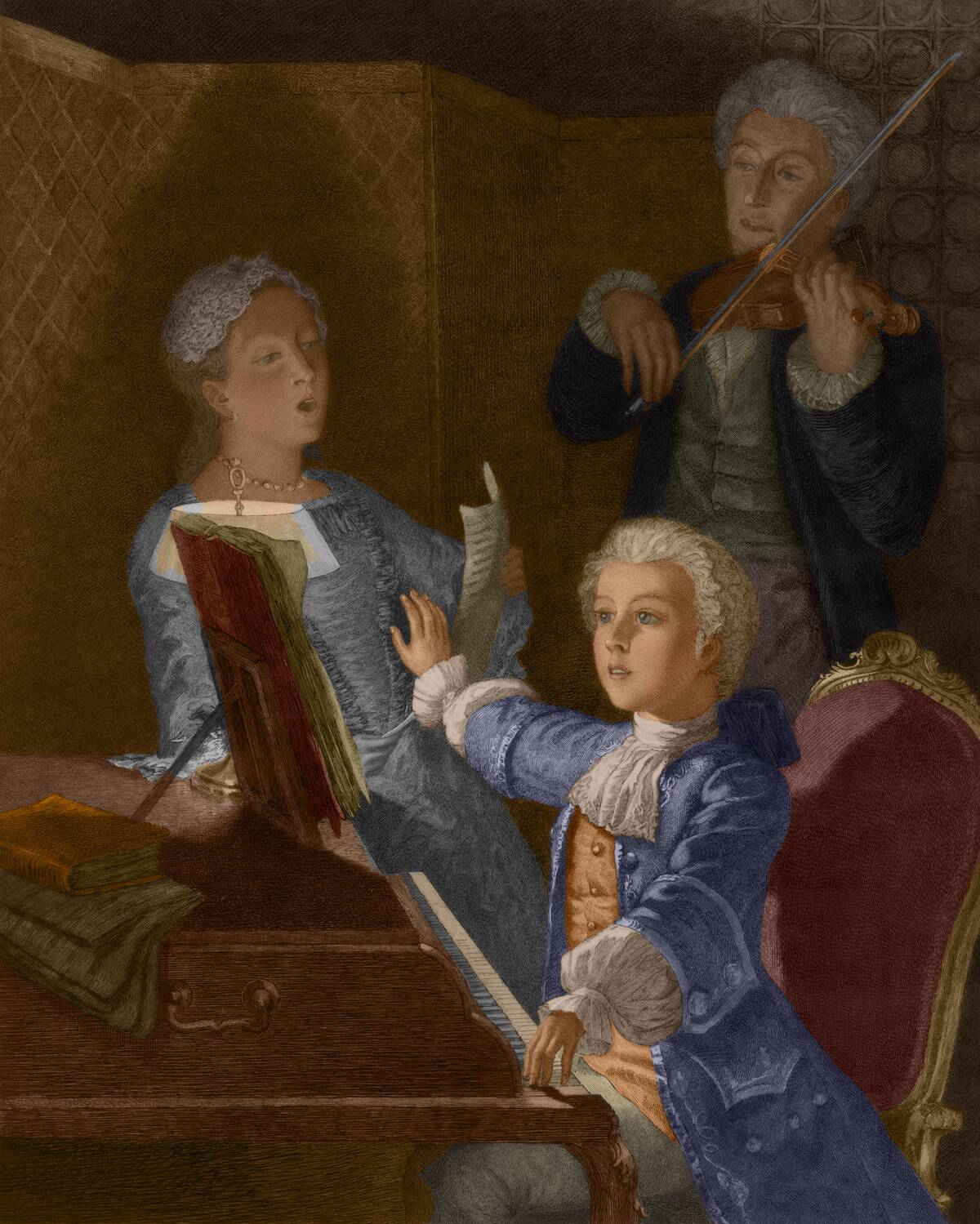
Mozart’s musical journey began astonishingly early; he started composing at the tender age of five. His father, Leopold, recognized his son’s extraordinary talent and nurtured it from the start.
By age six, Mozart was performing for European royalty, dazzling them with his prodigious skill. His early compositions displayed a maturity beyond his years, showcasing a natural gift that would only grow with time.
A Family Affair: Musical Roots and Early Influences
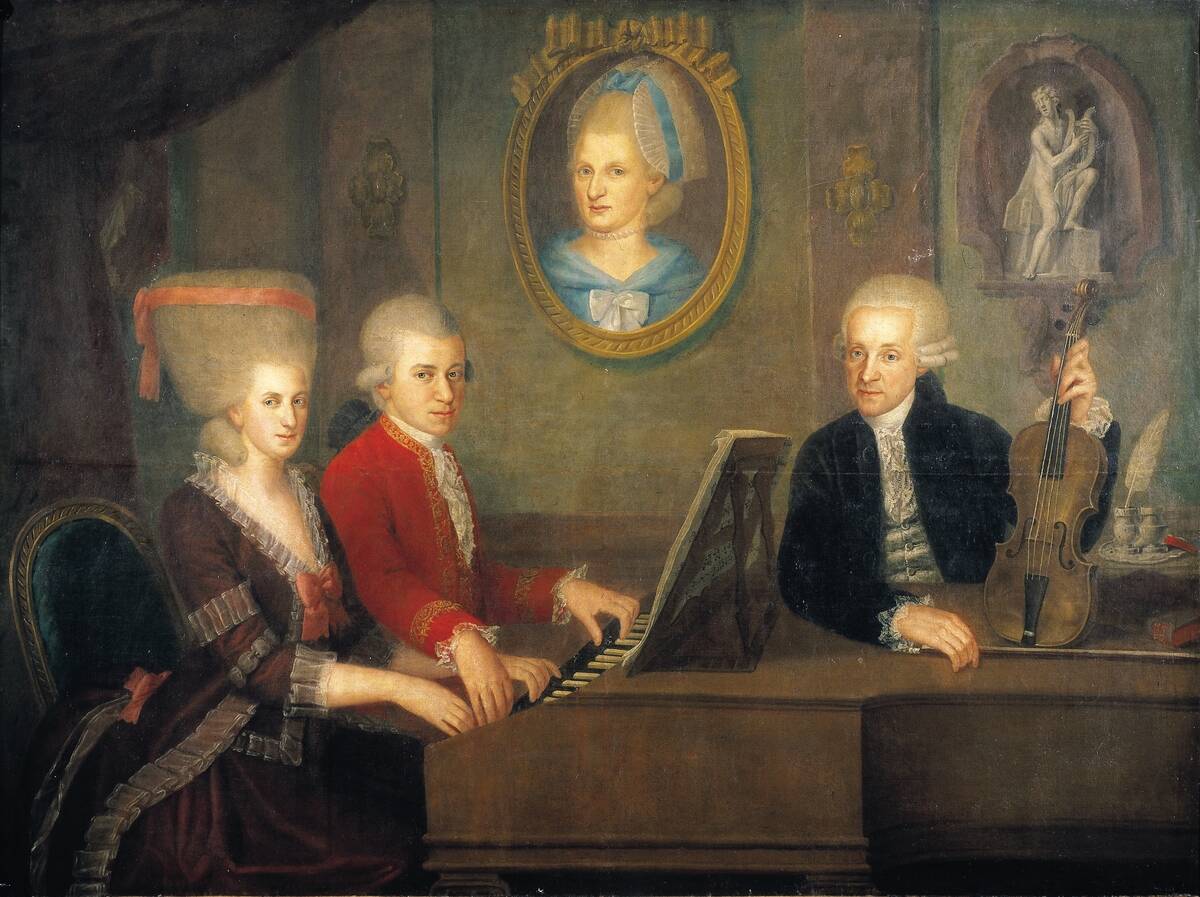
Music ran deep in the Mozart family. His father, Leopold Mozart, was a minor composer and respected violinist, instrumental in shaping young Wolfgang’s musical education.
His sister, Maria Anna, affectionately known as Nannerl, was also a talented musician, often performing alongside her brother. The family’s musical environment provided a rich foundation for Mozart’s early development, with influences that would resonate throughout his work.
The Wunderkind of Europe: Touring the Continent
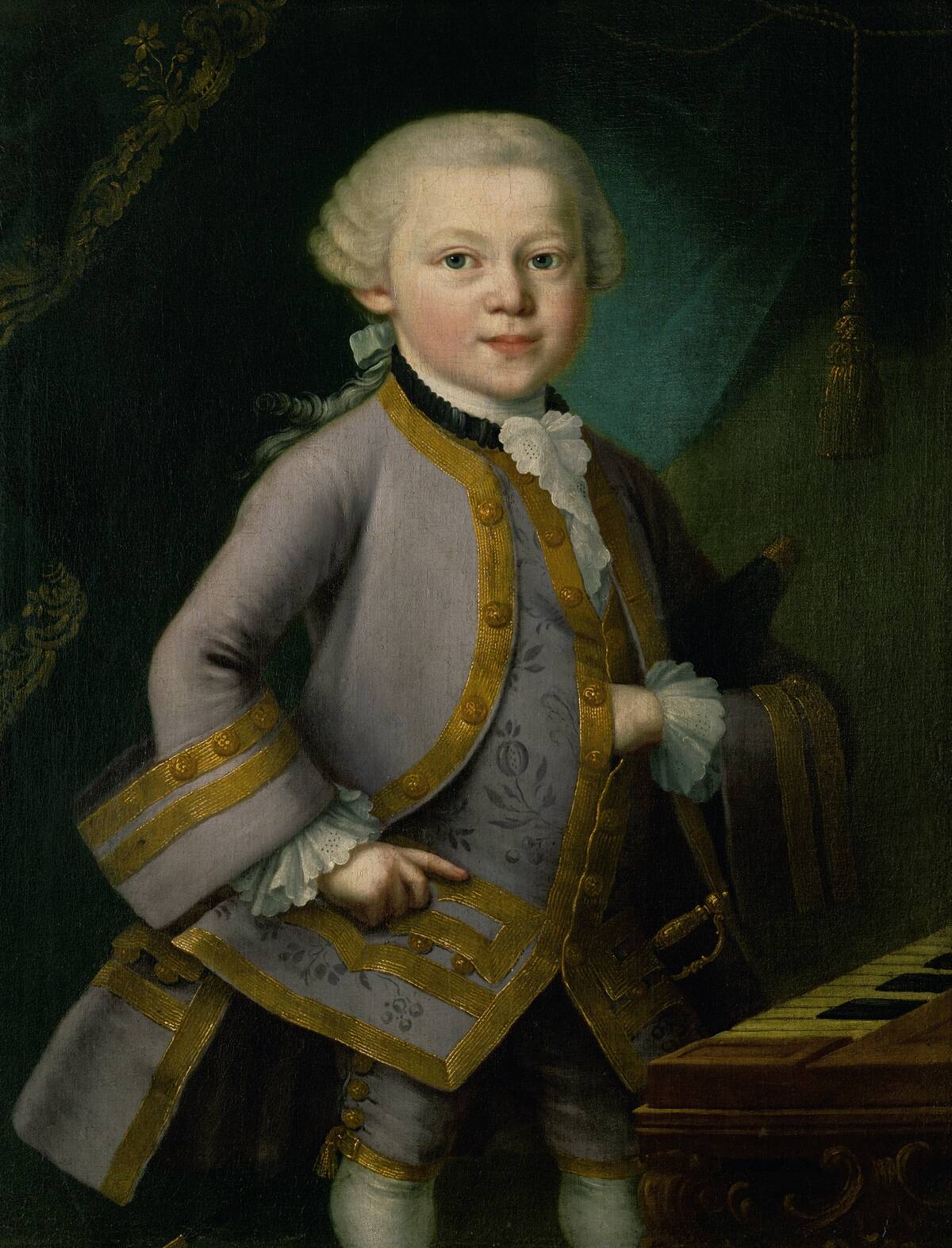
Mozart spent much of his childhood touring Europe, performing for kings, queens, and nobility. These tours were arduous, yet they exposed him to a vast array of musical styles and cultures.
From Italy to France and England, each country left a unique imprint on his compositions. These journeys not only honed his performance skills but also broadened his musical horizons, contributing to the diverse range of his later works. It even gave him the opportunity to meet Johann Christian Bach, one of his great early influences.
A Lifetime of Composing: Over 600 Works Created
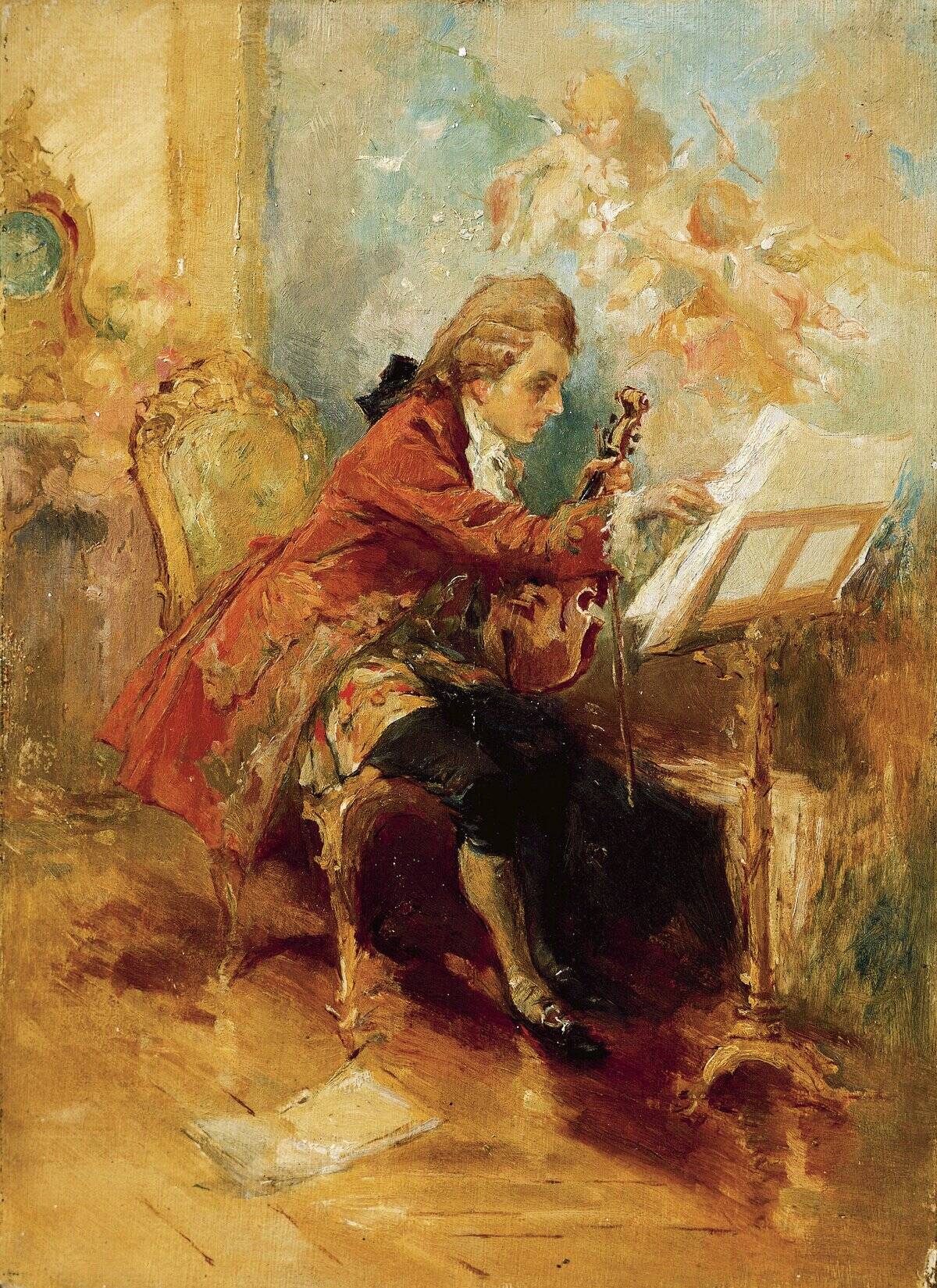
Throughout his lifetime, Mozart composed over 800 works, a staggering output that includes symphonies, operas, chamber music, and choral pieces. His ability to produce such a vast repertoire in just 30 years is a testament to his incredible creativity and work ethic.
His works are celebrated for their melodic beauty, structural clarity, and emotional depth, cementing his status as a cornerstone of Western classical music.
Master of All Trades: Mozart’s Diverse Musical Styles
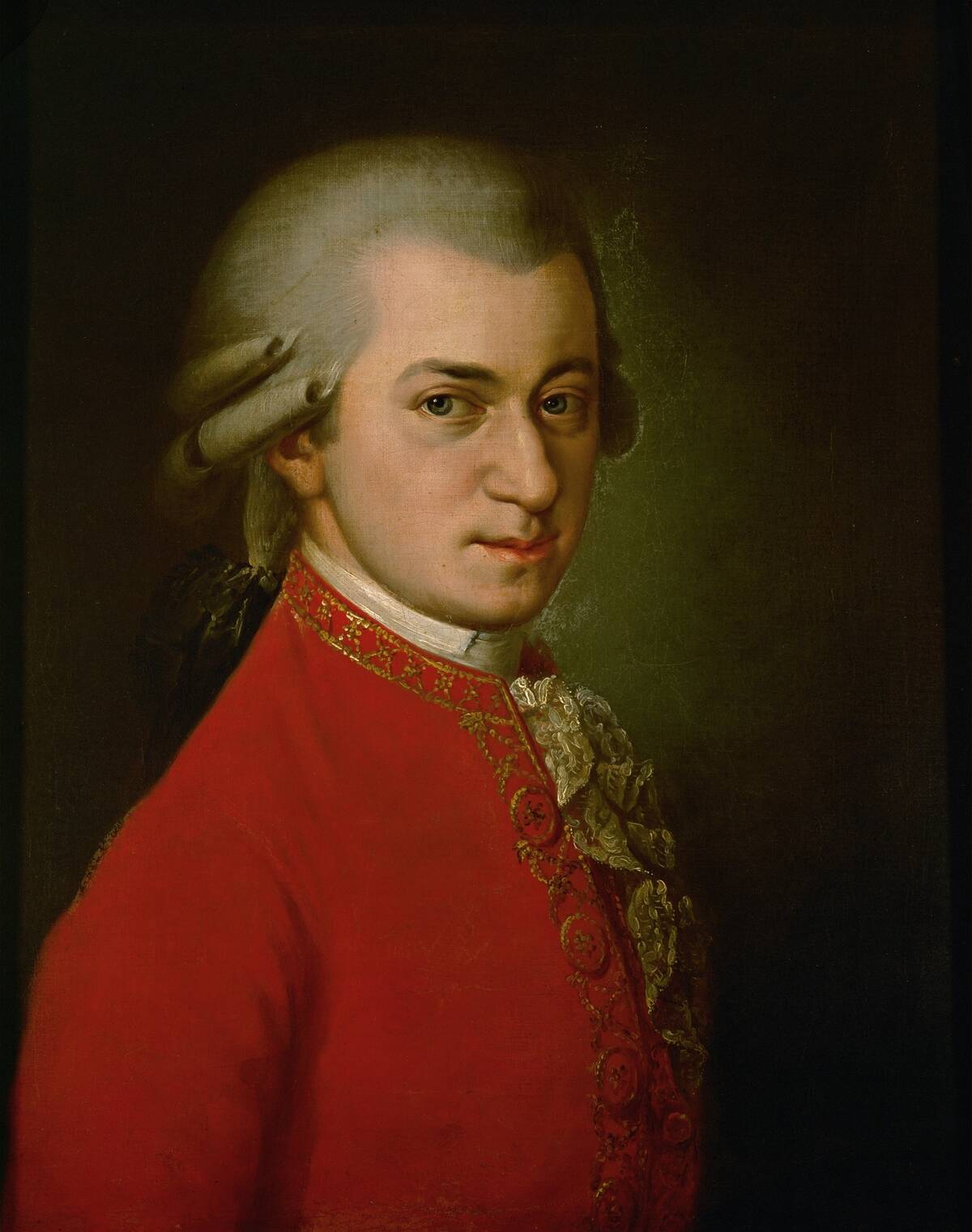
Mozart’s compositions spanned a wide range of musical genres, showcasing his versatility as a composer. From the dramatic intensity of his operas to the intricate complexity of his chamber music, Mozart’s ability to navigate different styles was unparalleled.
His works often defy easy categorization, seamlessly blending elements of baroque, classical, and early romantic music, reflecting his innovative spirit and boundless creativity.
The Opera Innovator: Reinventing the Musical Stage
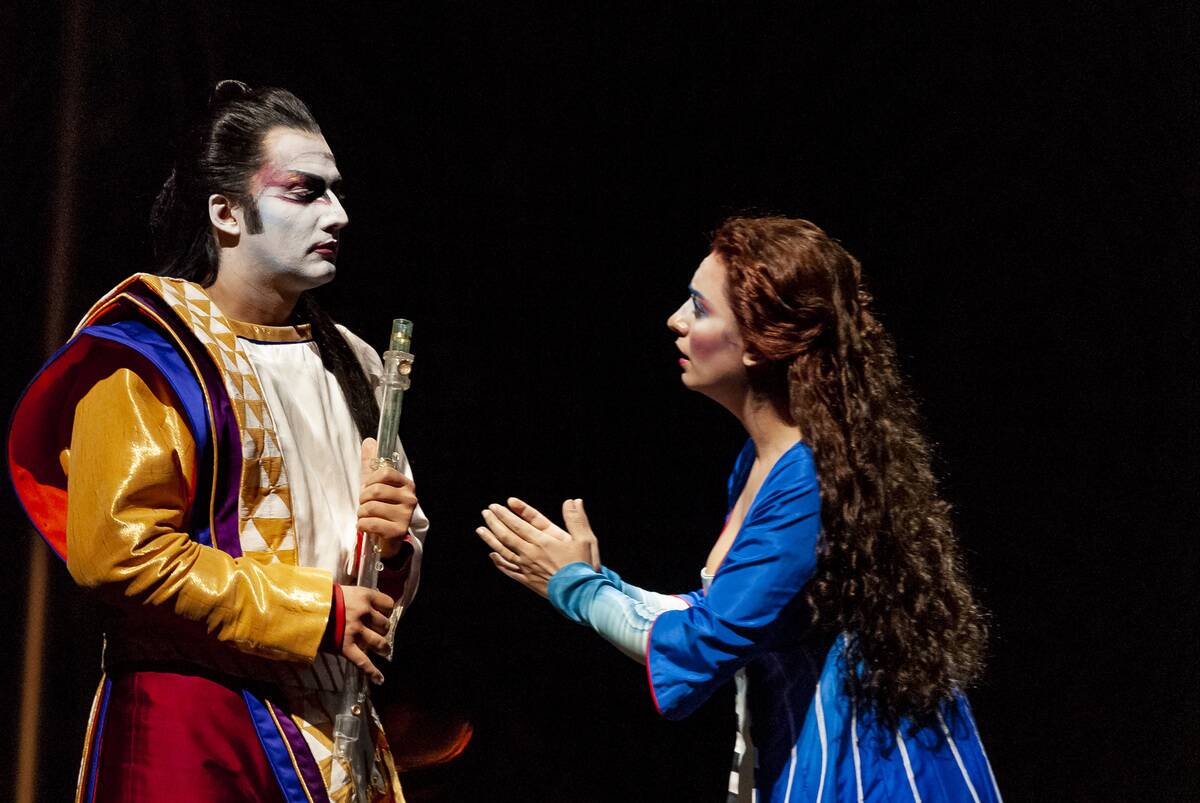
Mozart revolutionized the opera world with his groundbreaking compositions. Works like The Marriage of Figaro, Don Giovanni, and The Magic Flute showcase his ability to blend music with drama, creating operas that remain beloved today.
His operatic works are known for their rich character development and intricate plots, elevating the art form to new heights and setting a standard for future composers.
The Symphony Virtuoso: Contributions to Orchestral Music
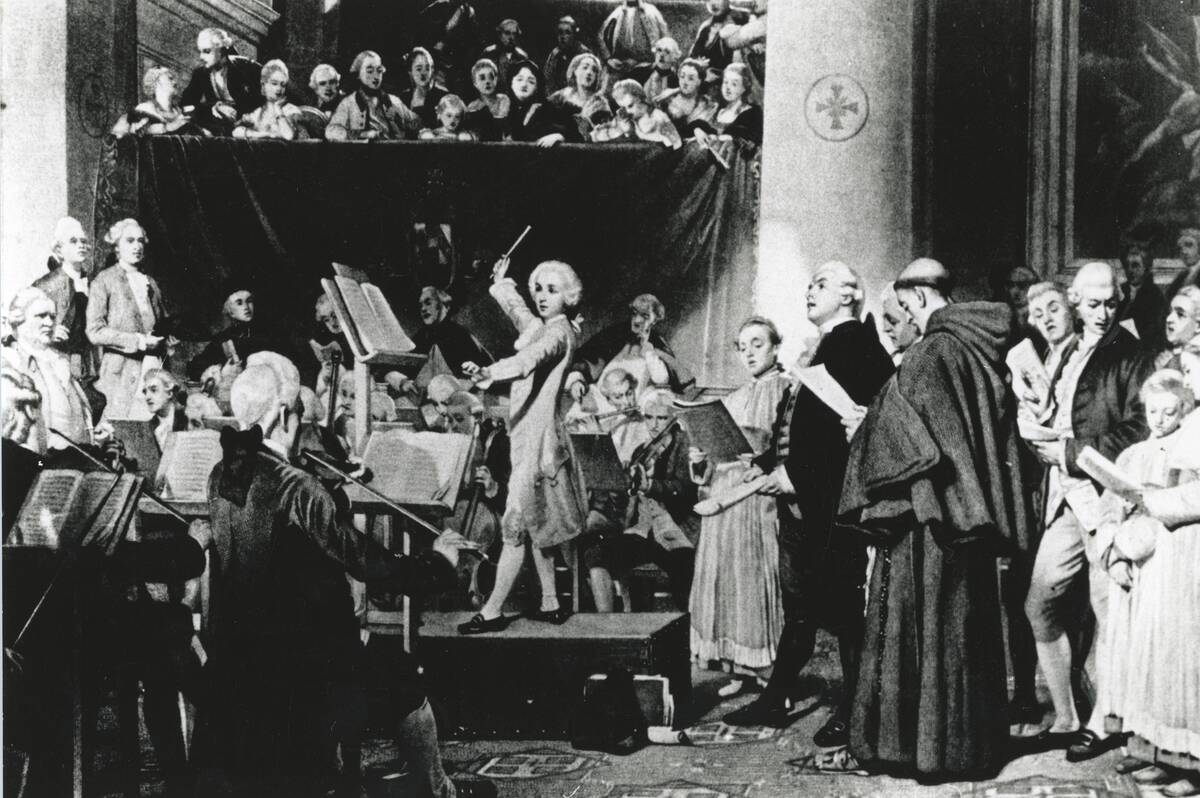
Mozart’s symphonies are a cornerstone of the orchestral repertoire, celebrated for their lyrical elegance and structural innovation. He composed 41 symphonies, each showcasing his mastery of orchestration and form.
His later symphonies, such as the final ‘Jupiter Symphony’, are particularly renowned for their complexity and grandeur, reflecting his deep understanding of the orchestral landscape and his enduring influence on the symphonic genre.
The Piano Prodigy: Changing the Game for Keyboard Music
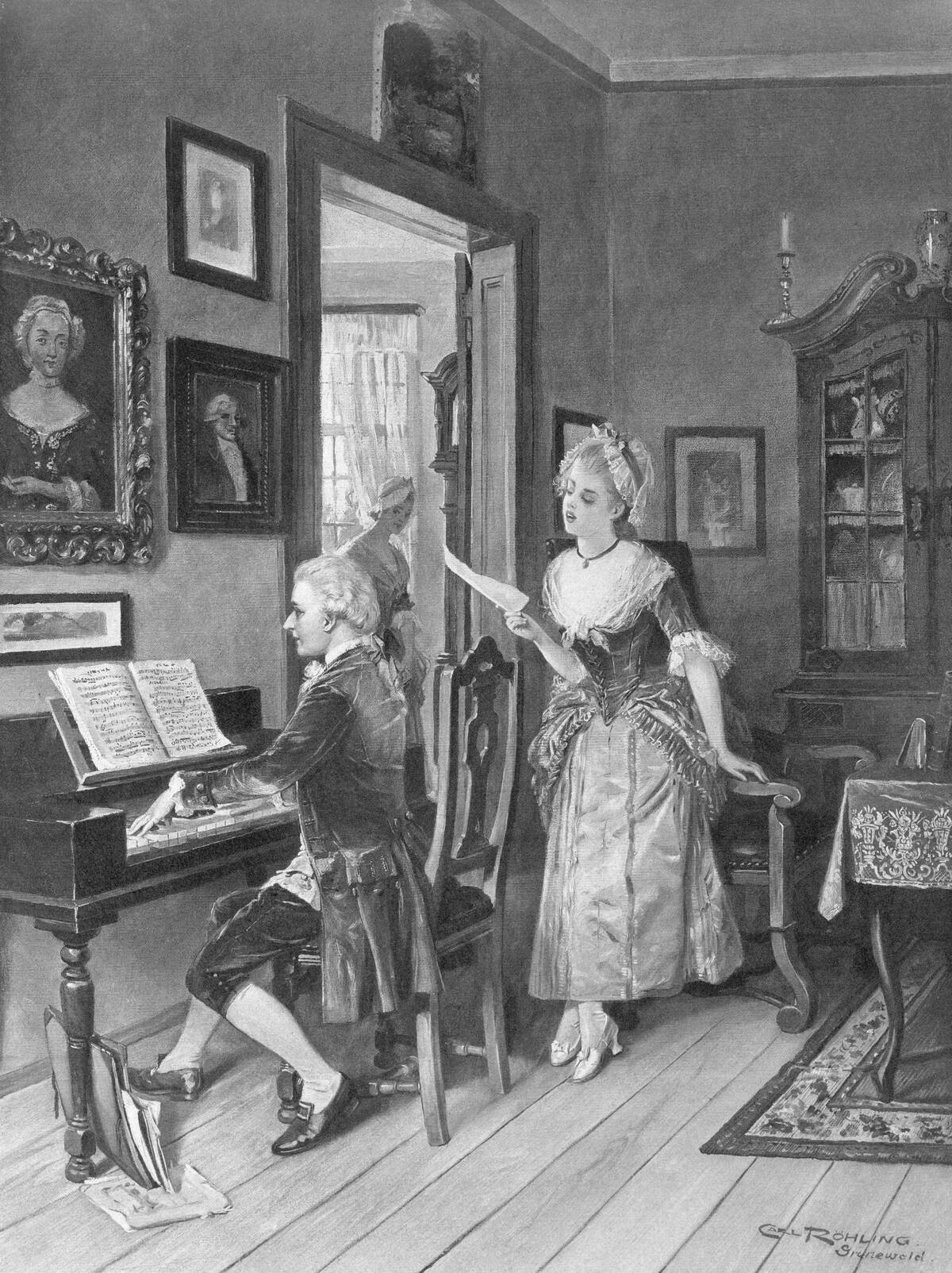
Mozart’s contributions to piano music were transformative, expanding the instrument’s expressive possibilities. His 27 piano concertos are celebrated for their melodic richness and technical brilliance.
As a performer, Mozart dazzled audiences with his virtuosity, often premiering his own works. His piano compositions, ranging from sonatas to concertos, continue to be a staple in the repertoire of pianists worldwide, reflecting his lasting impact on unlocking the instrument’s capabilities.
A Quirky Personality: Mozart’s Playful Sense of Humor
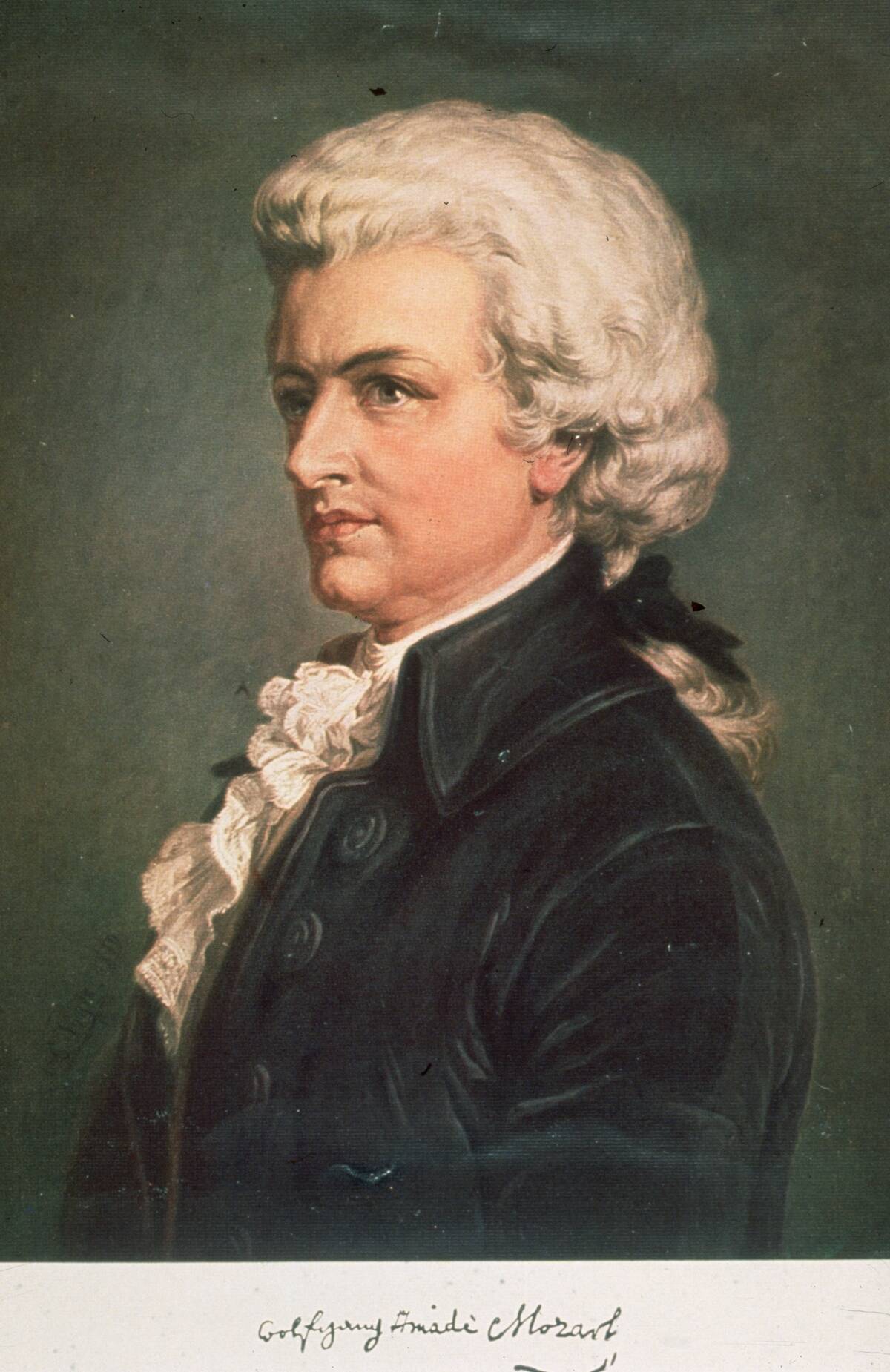
Mozart was known for his playful and often irreverent sense of humor, which frequently found its way into his music. His letters and compositions reveal a man who delighted in wordplay and practical jokes.
This whimsical nature is evident in works like “Leck Mich Im Arsch” and ‘A Musical Joke,’ the latter of which playfully parodies the conventions of classical music. His humor added a layer of charm to his personality, endearing him to friends and family alike.
The Letter Writer: Witty Correspondence and Personal Insights
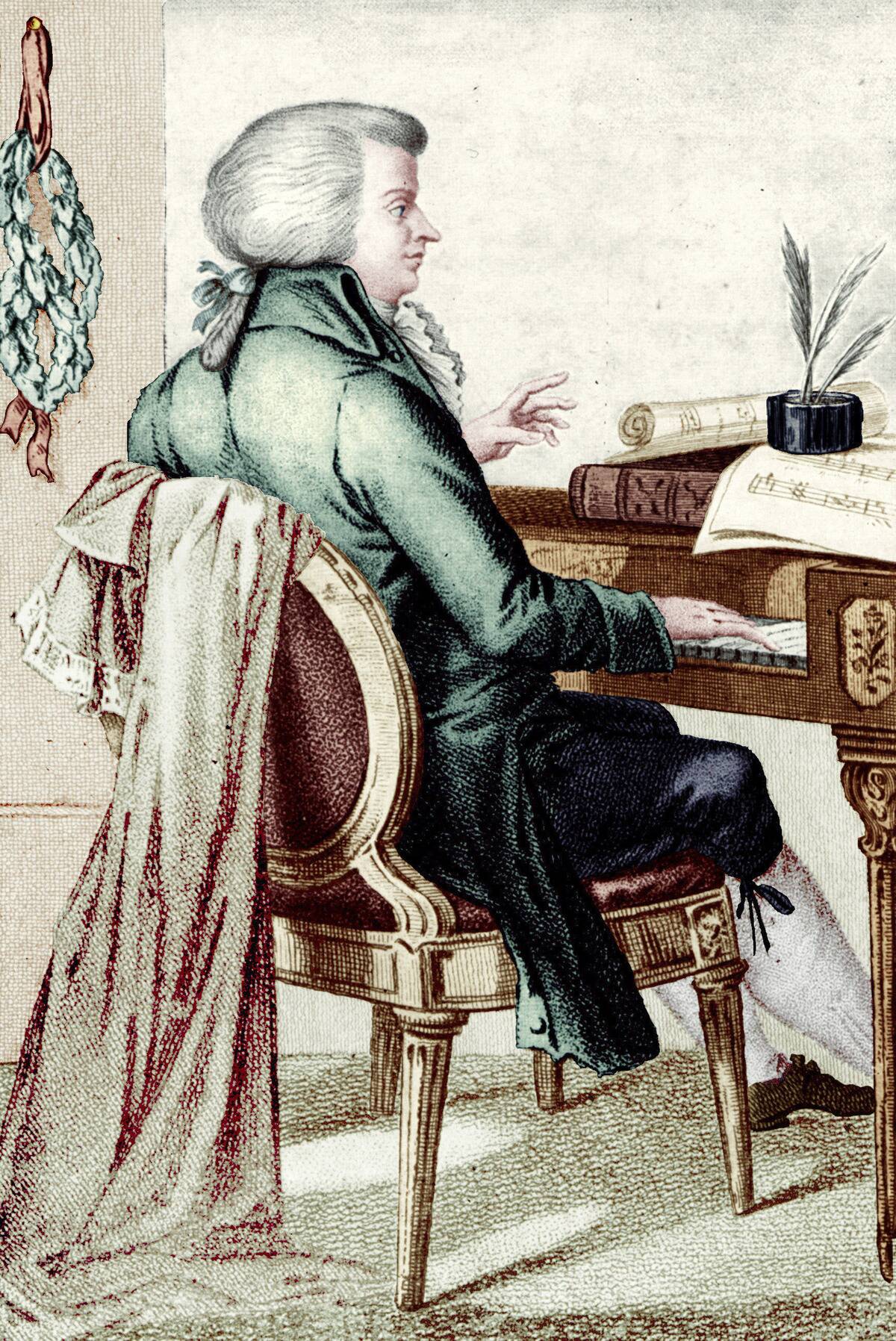
Mozart’s letters offer a fascinating glimpse into the mind of a genius. Written with wit and warmth, they reveal his playful nature and deep affection for family and friends.
His correspondence provides valuable insights into his creative process, personal struggles, and the world in which he lived. These letters are treasured for their candidness and humor, painting a vivid picture of Mozart’s life beyond his music.
Financial Follies: The Ups and Downs of Mozart’s Wealth
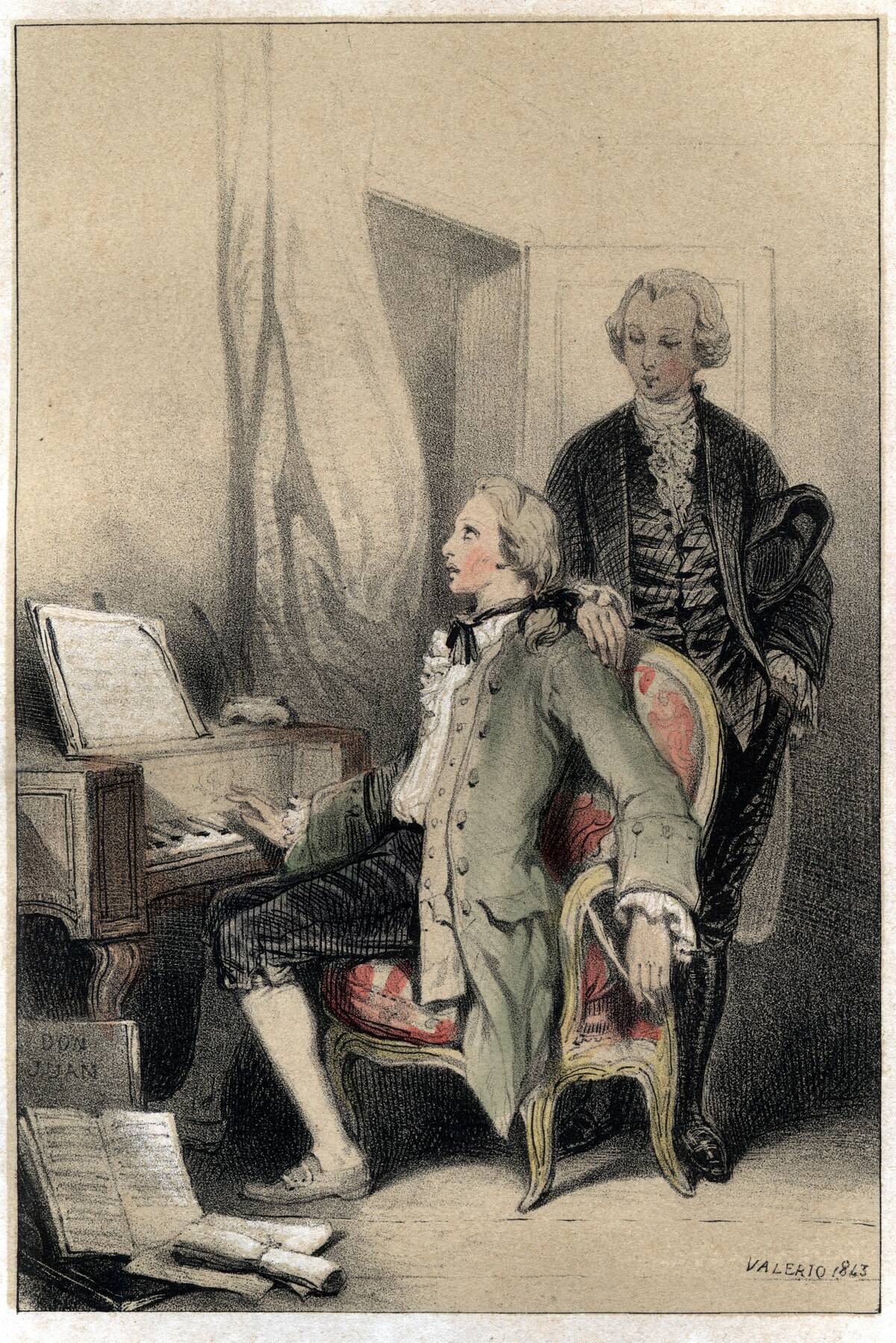
Despite his prodigious talent, Mozart often struggled with financial instability. His lavish lifestyle and poor money management led to periods of financial hardship.
He frequently borrowed money from friends and patrons, despite earning substantial sums from his compositions and performances. These financial challenges were a constant source of stress for Mozart, impacting his personal life and, at times, his ability to compose freely.
Fashionably Forward: Mozart’s Unique Sense of Style
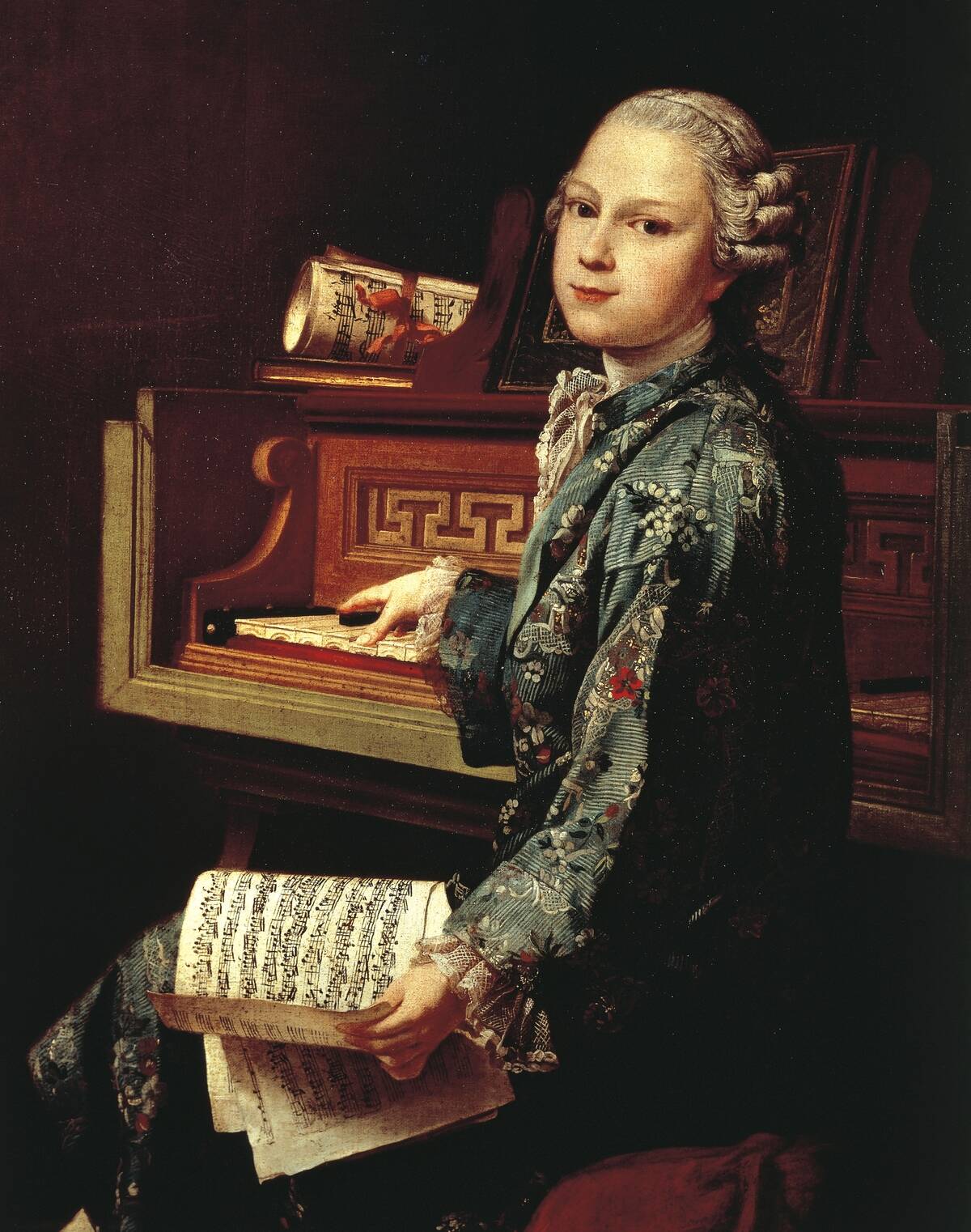
Mozart was known for his distinctive fashion sense, often sporting flamboyant clothing and accessories. His love for colorful attire and elaborate wigs reflected the fashion trends of the time.
This unique style was not just about aesthetics; it was a statement of his individuality and flair. Mozart’s bold fashion choices matched his vibrant personality, making him a memorable figure both on and off the stage.
The Secret Society: Mozart and the Freemasons
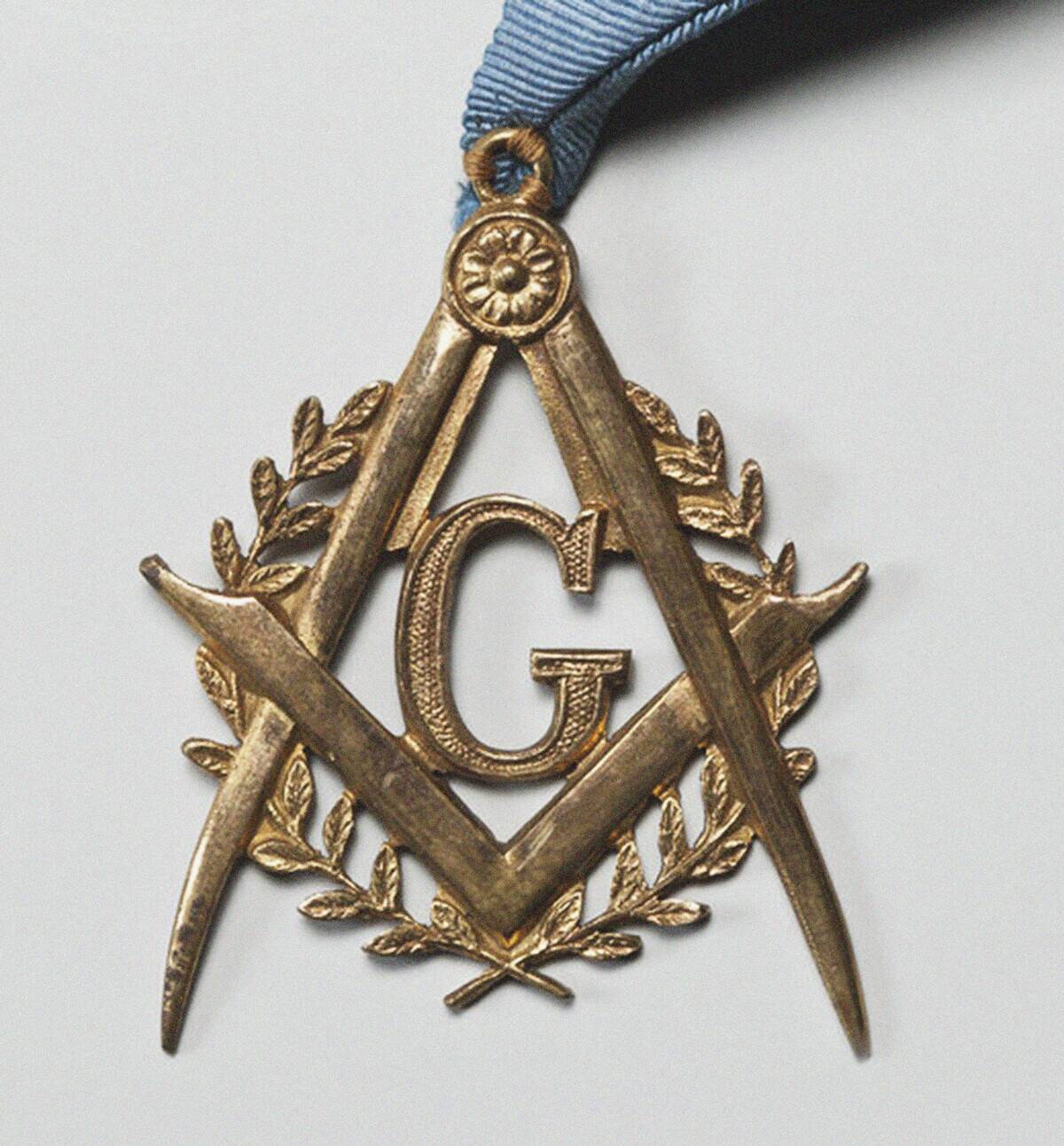
Mozart was a proud member of the Freemasons, an organization that played a significant role in his life and work. His involvement in the society influenced several of his compositions, including The Magic Flute, which is imbued with Masonic symbolism.
The values of brotherhood and enlightenment espoused by the Freemasons resonated with Mozart, providing him with a supportive community and a source of inspiration.
A Passion for Pets: Mozart’s Beloved Animals
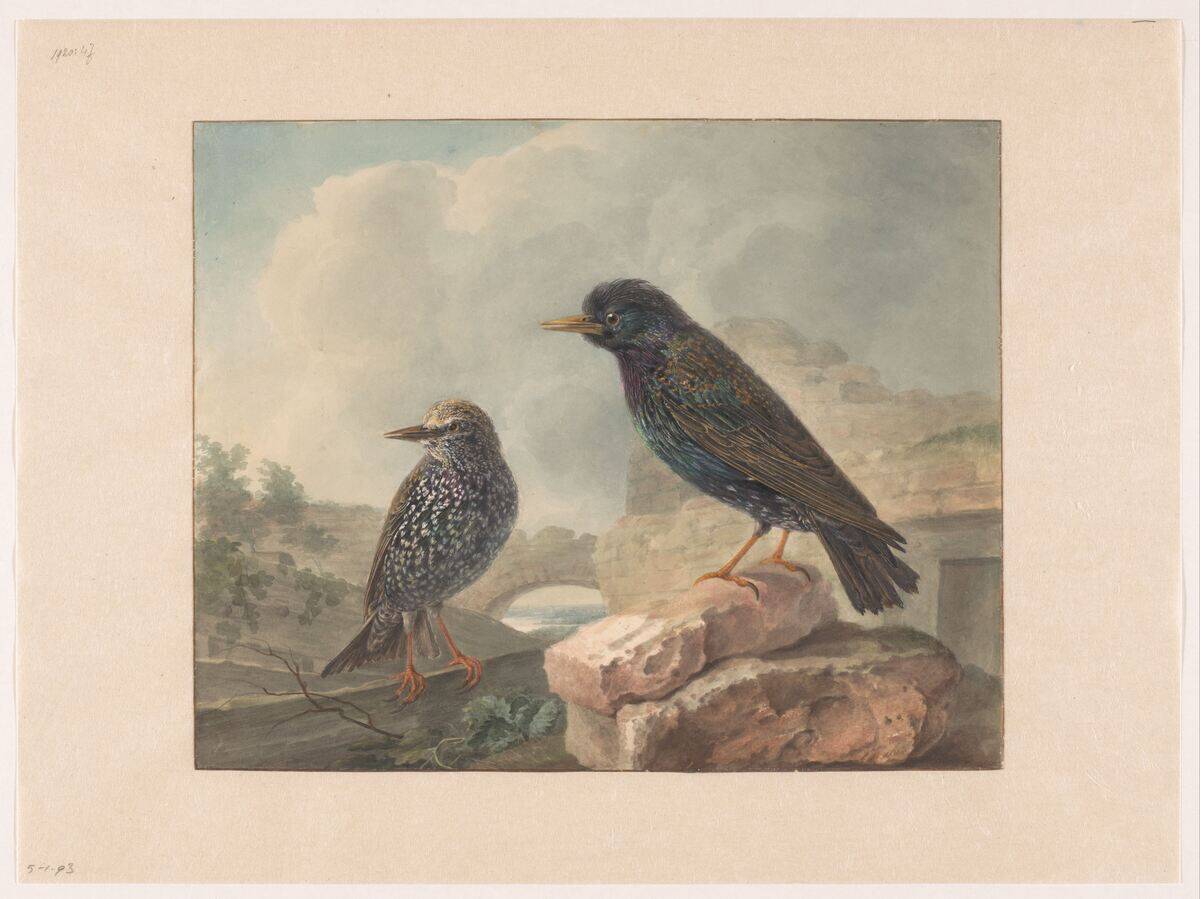
Mozart had a well-documented love for animals, particularly his pet starling. He even composed a piece mimicking the bird’s song. Mozart’s fondness for his feathered friend was evident in the affectionate notes and anecdotes he wrote about it.
His relationship with his pets provided him with companionship and joy, reflecting another facet of his multifaceted personality and his deep appreciation for the natural world.
The Multilingual Maestro: Mozart’s Linguistic Talents
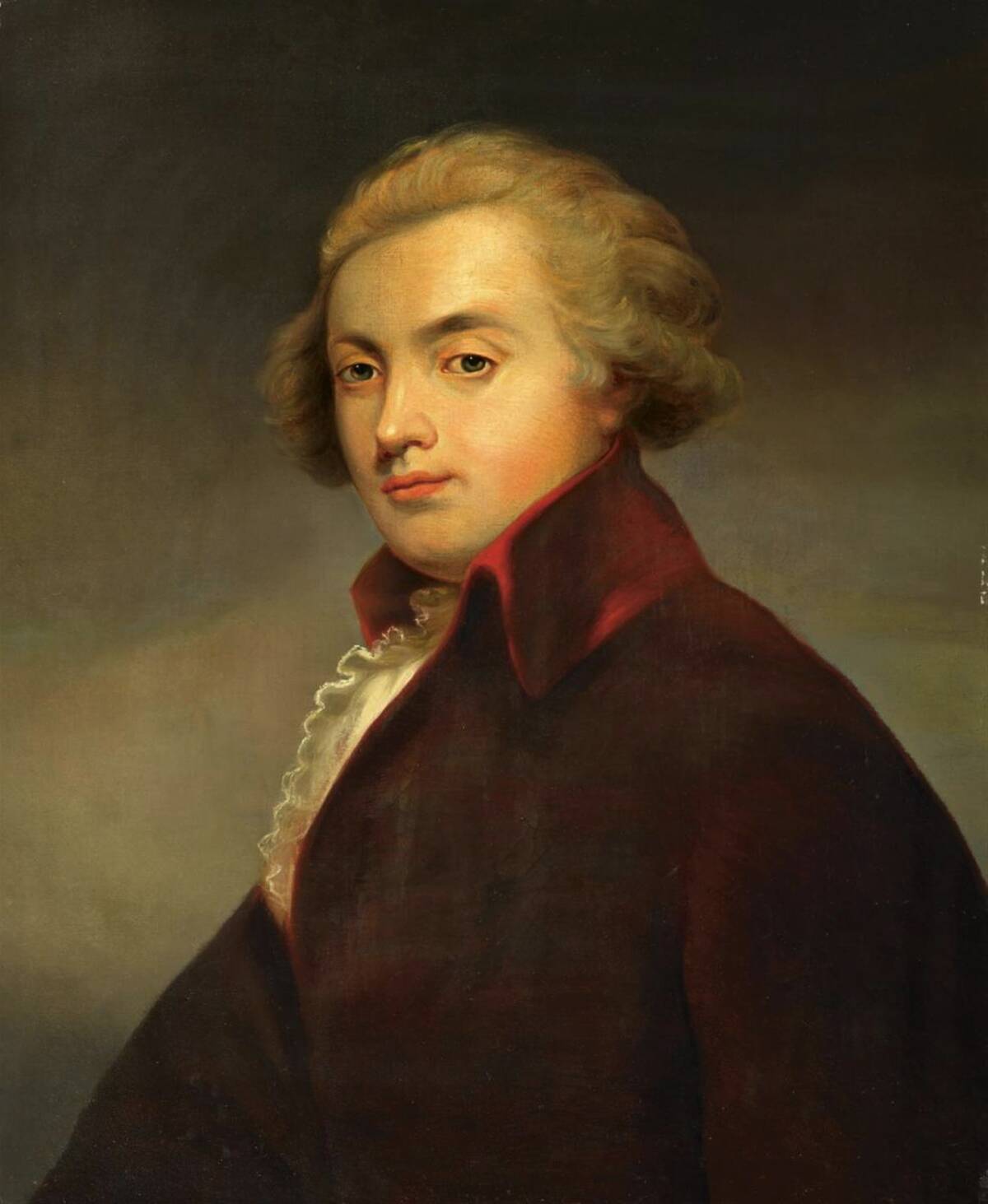
In addition to his musical prowess, Mozart was a gifted linguist, fluent in multiple languages including German, Italian, French, and Latin. His linguistic skills were honed during his extensive travels across Europe, allowing him to communicate with a diverse range of people.
This ability not only enriched his personal interactions but also influenced his operatic works, where he skillfully integrated different languages and cultural nuances.
The Unfinished Masterpieces: Works Left Incomplete
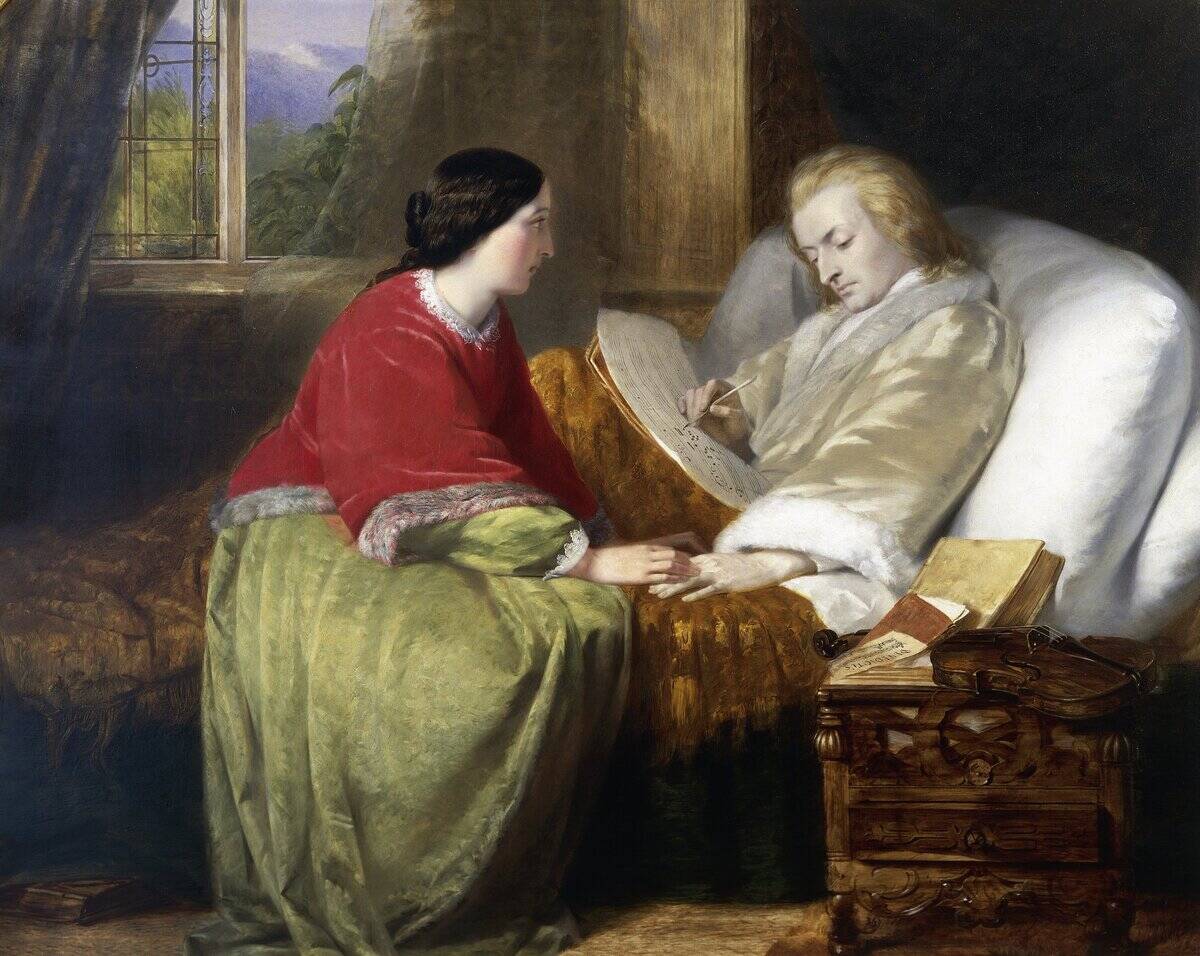
Mozart’s untimely death at 35 left several works unfinished, notably his Requiem Mass in D minor. This hauntingly beautiful piece was completed by his student, Franz Xaver Süssmayr, following Mozart’s sketches and instructions.
The Requiem remains one of his most powerful compositions, its incomplete nature adding an air of mystery. These unfinished works offer a poignant reminder of the potential lost with Mozart’s early passing.
A Lasting Legacy: Mozart’s Impact on Future Generations
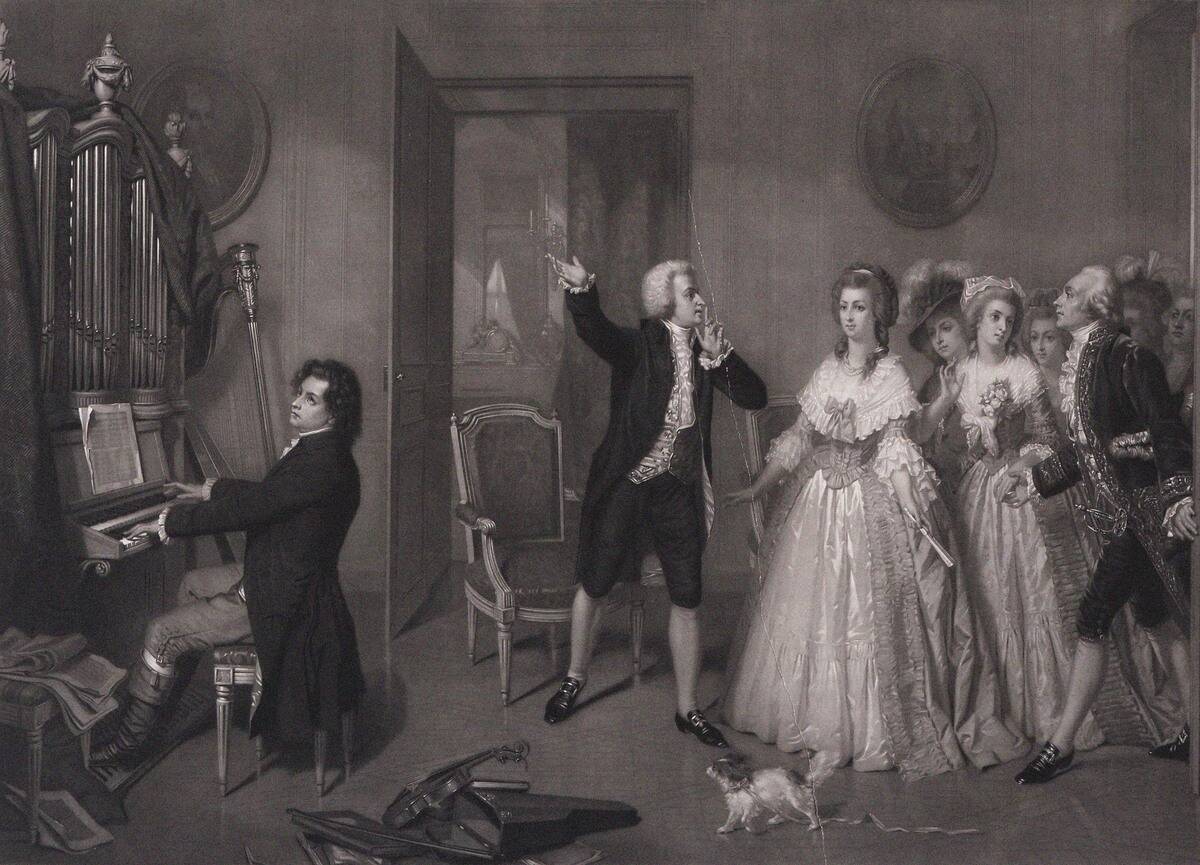
Mozart’s influence on the music world is immeasurable, shaping generations of composers who followed. His innovative approaches to form and melody paved the way for the Romantic composers of the 19th century.
Figures like Beethoven and Schubert were deeply inspired by his work, incorporating elements of his style into their compositions. Mozart’s music continues to inspire musicians and audiences alike, a testament to its timeless appeal and enduring legacy.



